Iran, Tajikistan hope to open new chapter in ties under President Raeisi
President Ebrahim Raeisi has called for Iran and Tajikistan to expand their relations, saying this will pave the way for regional cooperation.
Speaking during a meeting with his Tajik counterpart Emomali Rahmon in Dushanbe on Saturday, Raeisi stressed that Iran and Tajikistan enjoy ample capacities to expand bilateral relations.
“Deepening and strengthening bilateral relations will also serve to enhance regional cooperation,” he said.
Raeisi said through regular meetings and bilateral talks, Iranian and Tajik officials should establish stable and comprehensive relations between the two Persian-speaking countries and make it a model at the regional level.
Raeisi’s visit to Dushanbe culminated in Iran being accepted Friday as a full member of the Shanghai Cooperation Organization (SCO) after waiting for years as an observer to join the Eurasian political, economic and security alliance.
The accession marks President Raisi’s first achievement in office, coming on the back of his visit to a country which opposed Iran’s SCO membership before.
Rahmon thanked Raisi for accepting his invitation and making his first foreign visit as Iran’s president to Tajikistan.
Referring to joint projects implemented by Iranian experts in Tajikistan, he said, “The friendship and love that exist between the two countries’ people and governments provide a proper ground for enhancing the level of cooperation.”
During the meeting, the two sides pointed to their common religion, culture and language and expressed hope that the endeavors of Iranian and Tajik officials will open a new chapter in economic, cultural and political cooperation.
After the meeting, the Iranian and Tajik delegations signed six memorandums of understanding (MOUs), an agreement and a technical protocol on customs cooperation.

In a press conference with his Tajik counterpart, the Iranian president said that the agreements “attest to the serious will of the two countries to bolster relations”.
He also emphasized that relations with Tajikistan are one of the priorities of the Islamic Republic.
“I hope that this trip will open a new chapter in relationship with Tajikistan and we will witness the expansion of cultural, tourism and scientific relations along with economic and trade ties,” he added.
Common views on Afghanistan
Raeisi further said Iran and Tajikistan have similar views on Afghanistan.
“We believe that foreign interference in Afghanistan has caused many disasters and the hands of foreigners should be cut off from the country. Foreign countries neither established, nor improved security in Afghanistan. They were also unable to solve the problems of the Afghan nation.”
Raeisi said Afghanistan’s problems must be resolved by its own people, with the cooperation of the neighboring countries.
“Inter-Afghan dialog should be facilitated. The government that will be formed in Afghanistan must be inclusive,” he added.
The Iranian president also said the Americans, who formed Daesh, transferred the Takfiri terrorists to Afghanistan after wreaking havoc in Syria and Iraq.
“The presence of Daesh in Afghanistan is dangerous not only for Afghanistan but also for the region. There should not be any ground for the presence of terrorist currents in Afghanistan. We are strongly opposed to any move serving as a breeding ground for terrorists in Afghanistan. We cannot accept that a terrorist current or Daesh find a safe haven along our borders and harm countries, the region and Afghanistan.”
Israeli regime strikes buildings in Lebanon’s south
Suicides among Israeli forces surge amid Gaza war
Gen. Soleimani turned threats into opportunities and fortified resistance axis
Houthi: General Soleimani thwarted US conspiracies in West Asia
Islamic Jihad prevents Israeli captive from taking own life
Pezeshkian: We will continue path of Gen. Soleimani with power
Israel forces make incursion into Lebanese town, torch homes
Israeli settlers raid al-Aqsa Mosque amid restrictions on Muslims


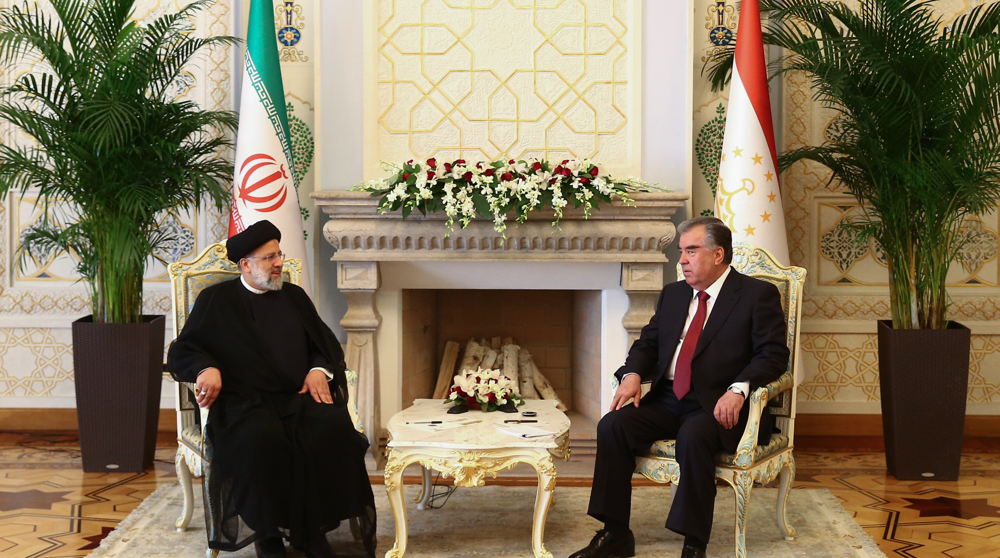
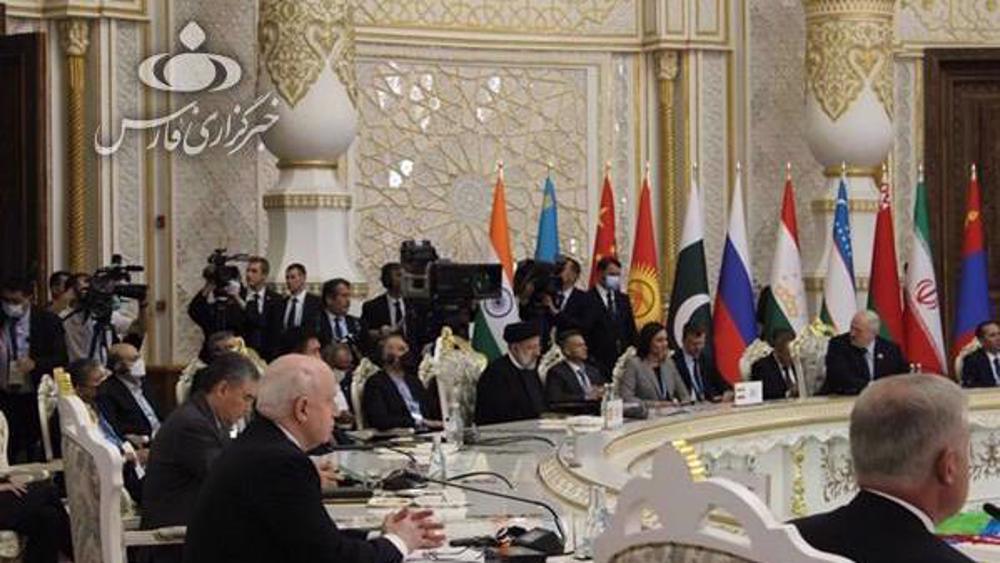
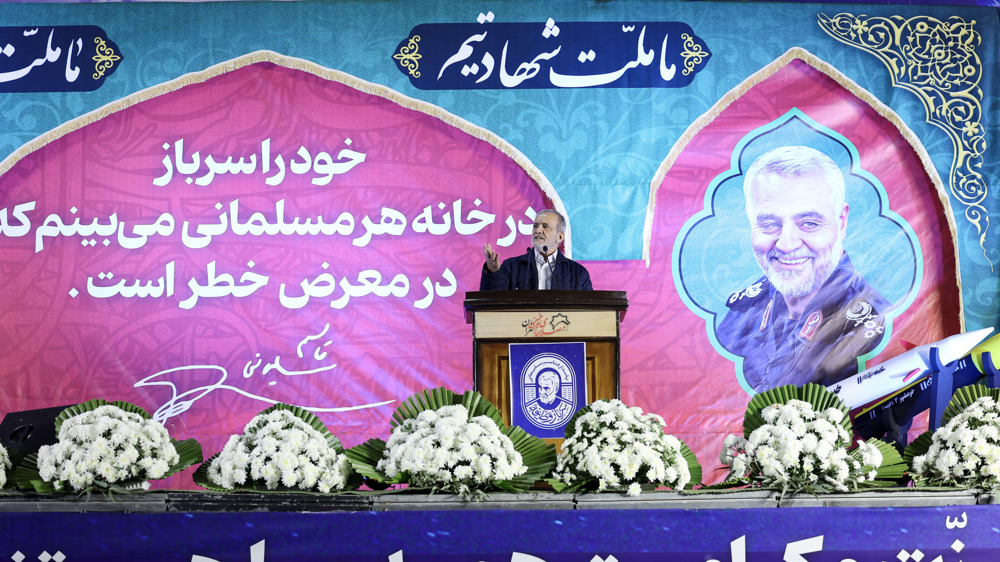
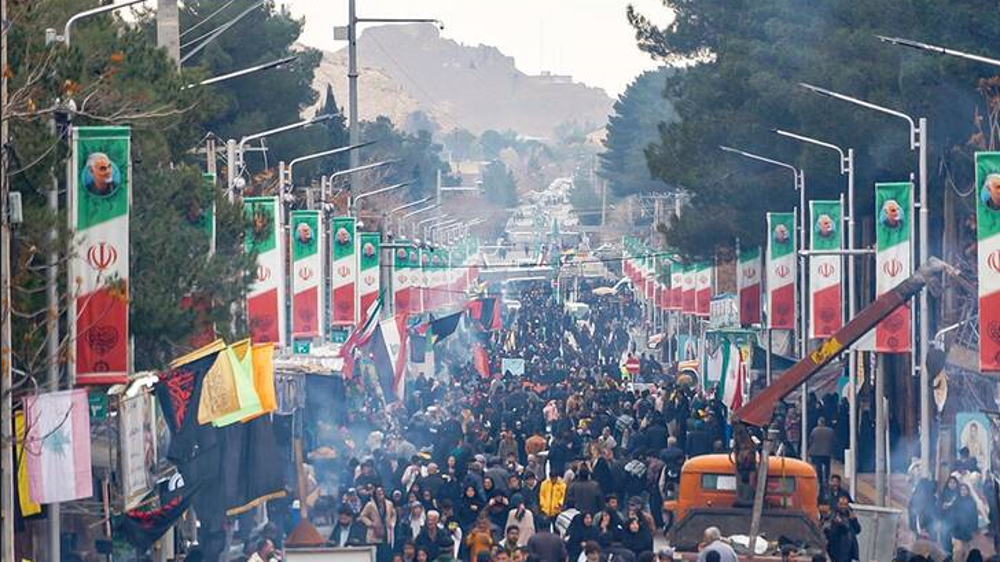





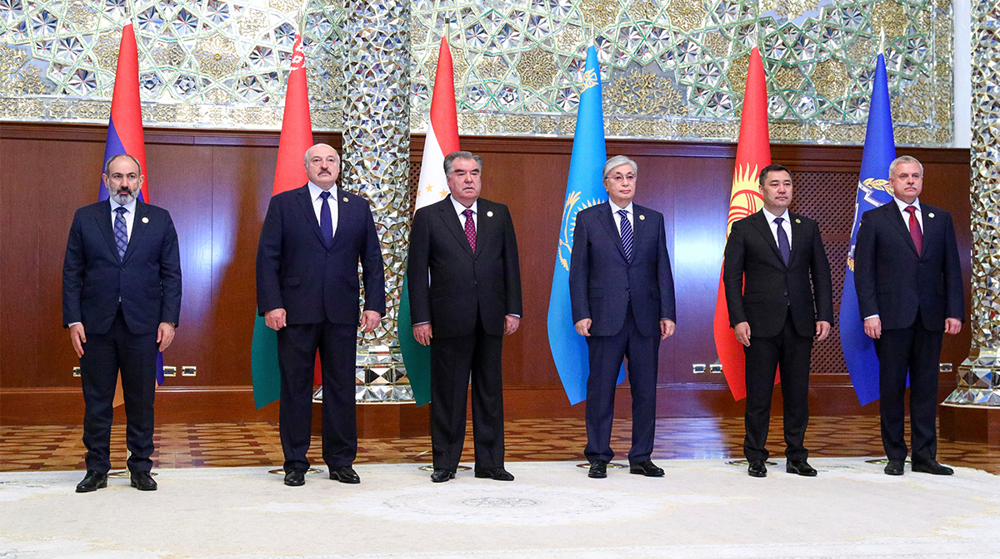

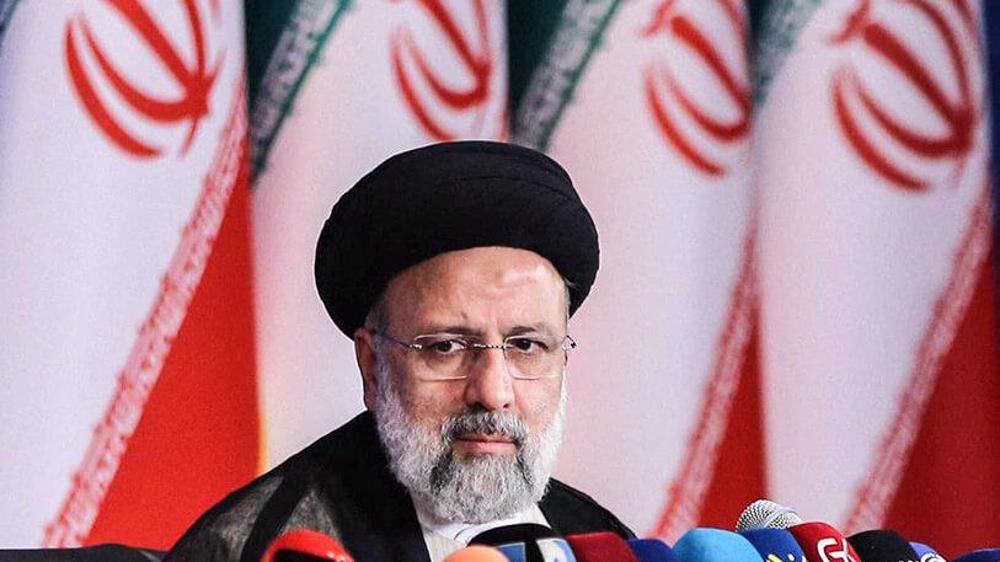

 This makes it easy to access the Press TV website
This makes it easy to access the Press TV website